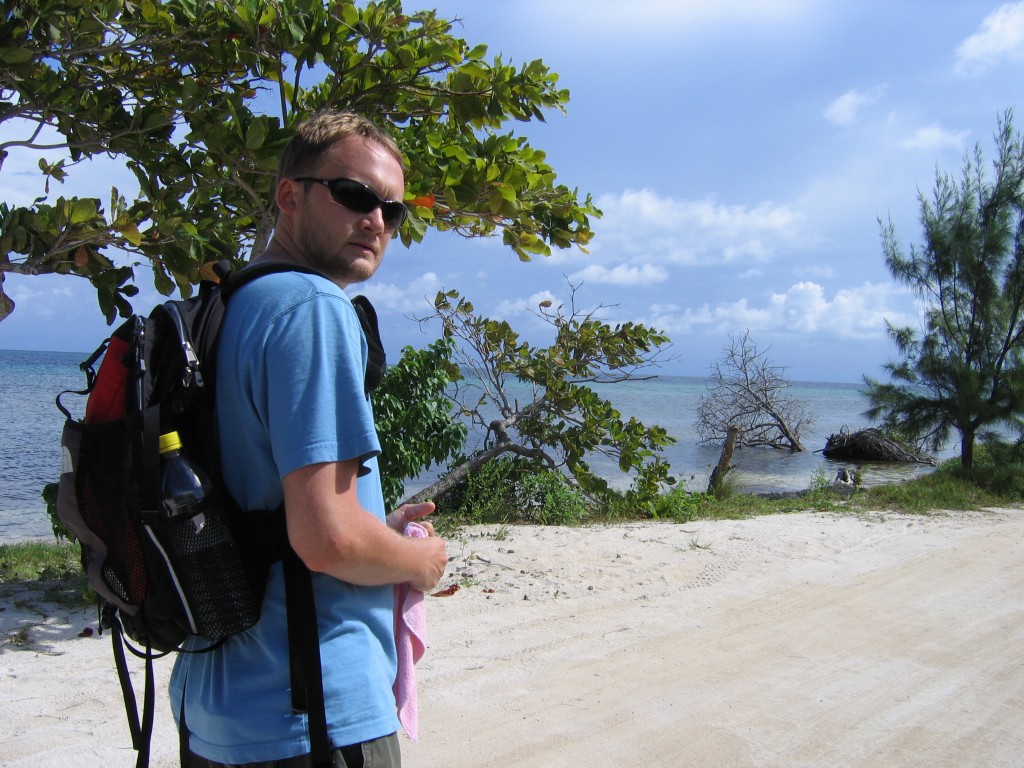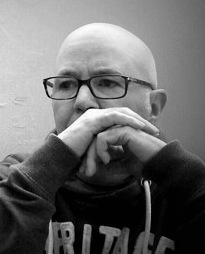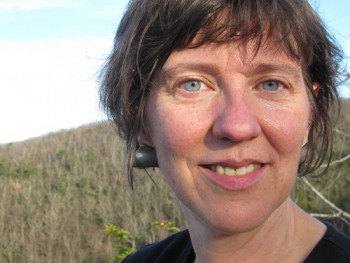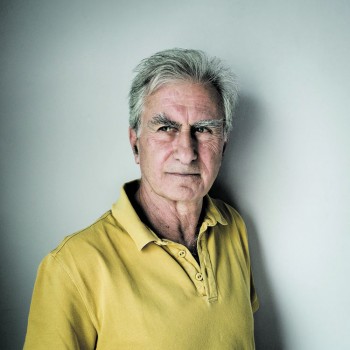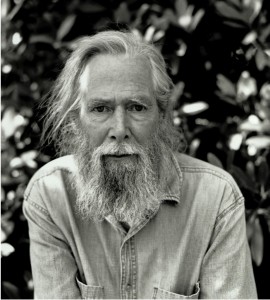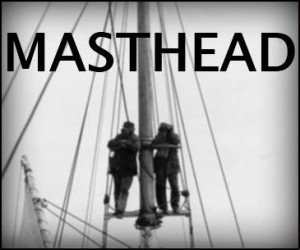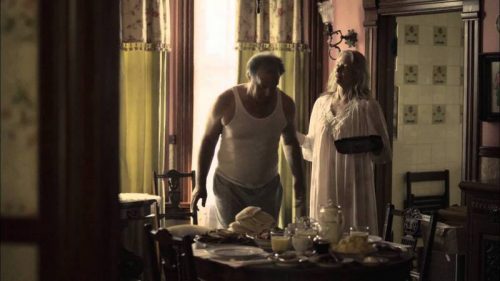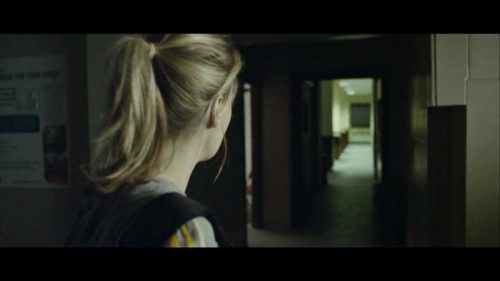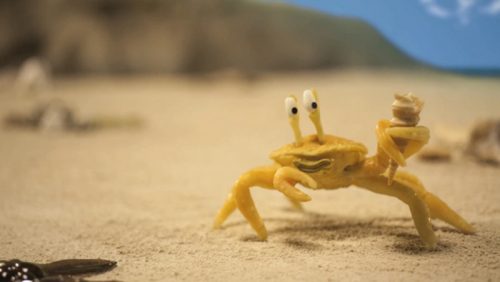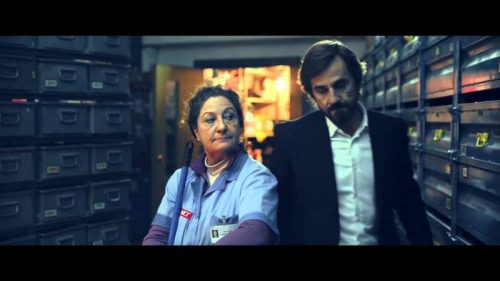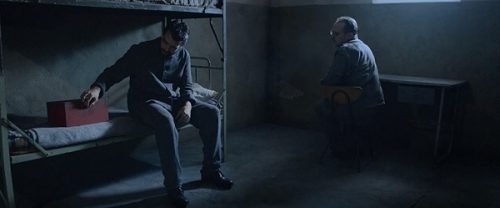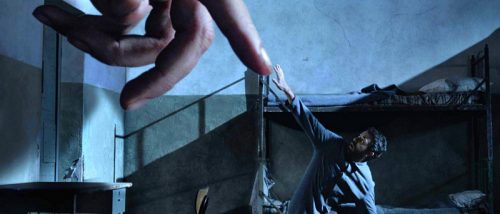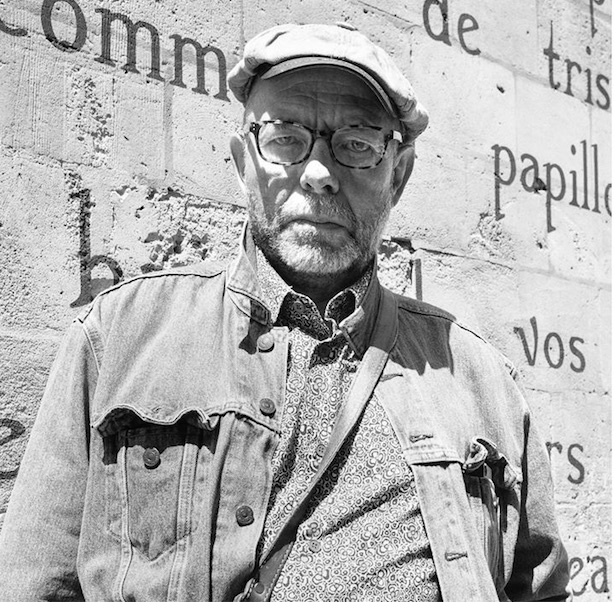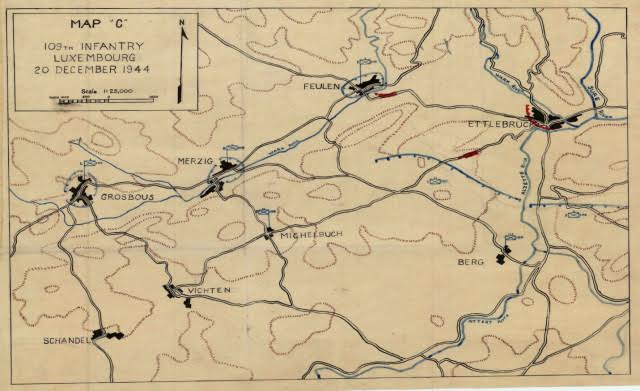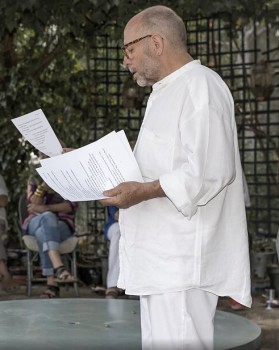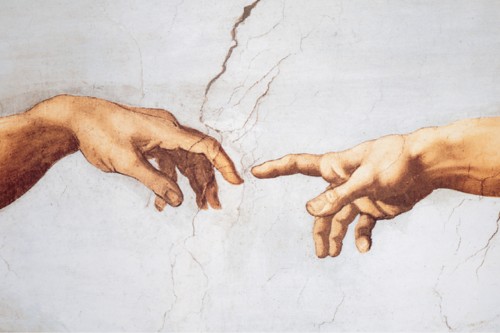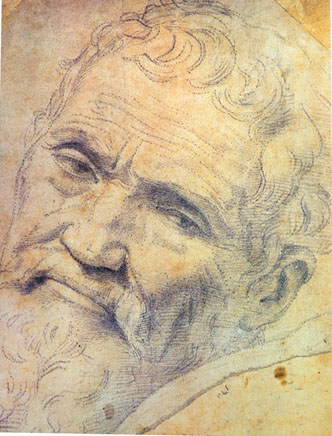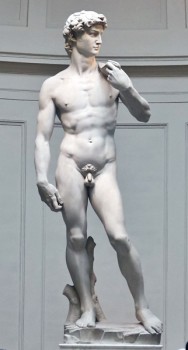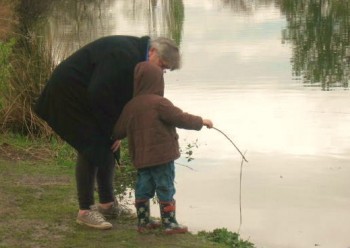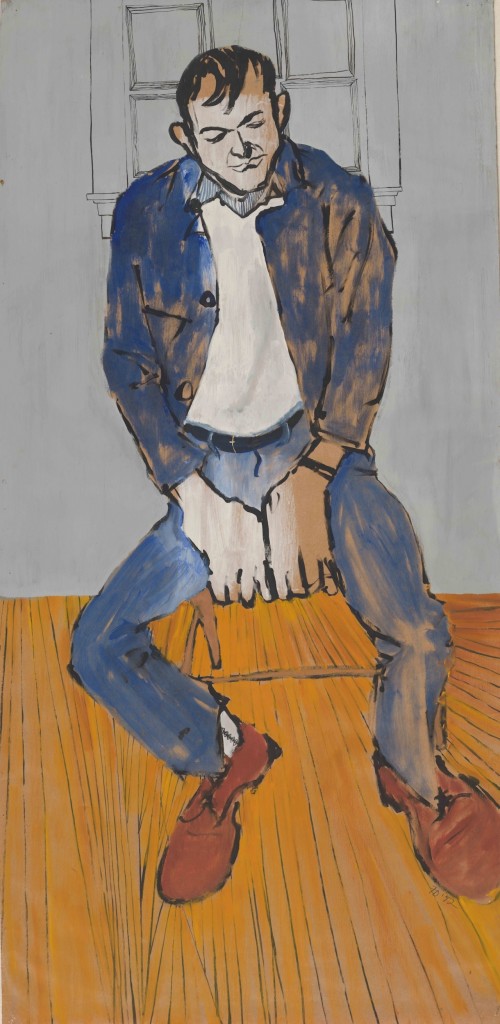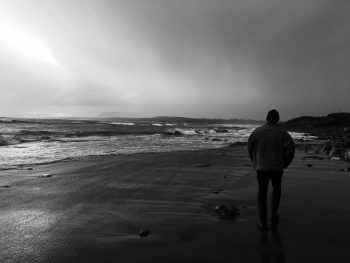
Photo by Jill Jennings
Eoin McNamee is well regarded as a master of noir literary fiction. Fictionalising real life violent events, his language is stark and brooding but ultimately complex and illuminating – shedding light on the human capacity to conspire with corruption and violent wrong-doing. His Blue Trilogy, focused around Lancelot Curran (a Northern Irish judge, attorney general and parliamentarian), being considered one of his best works: “Eoin McNamee may well be one of the finest writers at work anywhere; sentence for sentence, he is superb – the Blue trilogy is a poised, artistic achievement of compelling menace” – Eileen Battersby (Literary correspondent, The Irish Times). The Blue Tango (2001) was nominated for The Booker Prize and Blue Is the Night won the 2015 Kerry Group Irish Novel of the Year.
The extract below is from his forthcoming novel with Faber and Faber, The Vogue. As Eoin writes, “The finding of a woman’s body in an illegal dump on a disused runway uncovers other wrongs. New lies compound old untruths that have held sway since GI’s were billeted on the windblown aerodrome. Darkness descends on a small town.”
—Gerard Beirne
.
Cranfield Aerodrome, November 16th, 2014
The sand pit had been opened. A yellow excavator stood by the side of the opening, its bucket raised. Swags of unfurled bandage hung from the bucket tangs, filthy and dripping. An articulated Scania with a covered trailer was backed up to the opening in the ground, its hydraulic rams half-extended. A fluorescent works light hung on jack chain from a corroded derrick. Three men rendered into silhouettes stood between the pit and the light. They stood without moving, their heads bent towards the opening at their feet, functionaries to the merciless night.
The bottom of the pit was half-filled with water. Syringes. Wound dressings rank with old blood and human tissue. Rusted scalpel blades and theatre gowns bundled and discarded. Used drug vials and transfusion sacs floated in the water. A woman’s skeletal remains clad in vile rags lay half-way up the pit wall as though she had crawled from it, matter adhering to her hair and clothes.As though she had looked for mercy and found there none. Across the sandy fen to the north of the darkened aerodrome chapel bells rang for the ascension.
.
One
The Negro
17th January, 1945, Shepton Mallet Prison, Sussex.
The negro sits without moving. In the execution shed the apparatus is being made ready.The hood. The rope. The pinnings. Coir matting has been placed on the floor and against the walls to deaden sound but the prisoners can hear the hammering and tool work.
In his 1956 autobiography the hangman Albert Pierrepoint states his dislike for the American hanging method. Pierrepoint likes to have his prisoner sitting with his back to the door so that he can be taken by surprise and pinioned. Pierrepoint says he can get the prisoner from the cell to the drop in ninety seconds. He prides himself on it. The Americans insist that the prisoner wear full dress uniform with all marks of rank and insignia removed. The charges and sentence must be read to the condemned man at the foot of the scaffold. The Americans wanted the execution to be procedural, ornate. The prisoner must be reminded of his guilt. The executioners must be reminded of their duty. They imagine the antechamber of death to be a place of drama, laconic asides, last minute admissions.
‘Pierrepoint won’t sneak up on me,’ Martinez said, ‘I’m going out the American way.’
Martinez had been sentenced to death in August for the murder of a military policeman.
‘Kind of justice I like,’ Martinez said, ‘court martial took a day. No appeal. Straight and to the point. I got no complaints. Except the bastard Redcap had it coming.’
Martinez said he was going to stand facing the door of the death cell so that Pierrepoint could not take him by surprise.
‘Full dress kit. I’ll be standing to attention. Walk out of there like a man.’
There are other Americans in the cells. The prison has been under United States military jurisdiction since 1942. The men call to each other softly from the windows. They are not normally permitted to communicate but on the eve of an execution the Guards are lenient.
‘Hooper,’ Davis said, ‘you there?’
‘I’m here.’
‘I seen Pierrepoint go into the Governors house when they brought me down.’
‘What’d he look like?’
‘Ordinary man. Owns a pub in Oldham. He hanged one of his own customers, gentleman by the name of Corbitt. Corbitt killed his girlfriend and wrote Whore on her forehead.’
‘Man deserved to hang then.’
Hooper had been shackled to Davis in the back of the Utility truck that brought them to the prison. Davis was from Chicago, a thin, talkative man. He said he was doubled-jointed. He could slip his hands out of the cuffs any time he wanted, he said. All you had to do was give the word, They passed through Bristol at dead of night, the town under blackout. Driving through the Mendip hills. Stubble fields, gold and red as though the moonlight burned them. Passing through the towns of Clifton and Winterbourne. Passing through Evercreech and Frome.
‘Where you from, son?’ Davis said,
‘Near New York. Oxford, New Jersey.’
‘Your first time out of the States?’
‘First time out of Oxford, New Jersey.’
Davis spat over the tailgate of the truck.
‘And dearly you wish you had never left it.’
‘You got that right.’
‘Likely you won’t be going any further than Shepton Mallet. Last stop on the line.’
The negro asked where they were and the MP escort said they were close to Glastonbury. Davis told him about Glastonbury tor. He said that ley lines ran under the front gate of Shepton Mallet.
‘What are ley lines?
‘Lines that connect places of power. The ancient people knew them.’
‘Boy is all caught up by the the ancient stuff.’ The MP said.
‘Caught up by it til he’s caught up by the neck hisself.’
‘Reckon the negro here believes in that voodoo stuff?’ Davis said.
‘Voodoo’s from Haiti,’ Hooper said.
‘Same difference. Nothing godly in any of it.’
The Negro says nothing. There are demons out there. He seen it himself. The devourer of souls.
If he stood on his bed the negro could see the execution shed. The execution shed was a windowless red brick two story extension attached to the limestone wall of the old prison. An internal door opened from the main body of the prison into the execution chamber. The trapdoor opened onto a downstairs room with an external door. The external door faced the steel door of the morgue in the next building. October. Early frost on the ground at first light. Fifty minutes after dawn the ground floor door opened. Two men carried Martinez body on a stretcher like something they had stolen. He could hear the sound of their boots on the loose clinker on the ground as though they struck iron there. His grandmother had told stories of graves opened by night and bodies thieved. She said the darkness claimed its own. The two men laboured under their burden.
The negro turned away from the window and lay down on his bed. He closed his eyes. He had left Oxford, New Jersey, two years earlier. He had come into New York by bus through the Jersey turnpike. The suburban city lost in dusk, snow flurries blowing through the grid of clapboard houses. America looking lost in a wintry dream of itself. He could see the towers of Manhatten in the distance but he was more aware of the cracked road surface, rubbish piled in the freeway margins, caught in broken chain-link fences. He had expected more. A city that was striven for, epic, rising out of the historic swamplands. Passing road signs. Newark. Idlewild. The lost townships.
He stayed in a Negro hotel on the margins of the wholesale district. There were braziers burning on the street. The night was loud with stoop-talk, negroid gutterals. The streets smelt of rotting fruit. Crates of vegetables piled high on the sidewalk. He looked into warehouses and stores, the massive girdered interiors, feeling that he was getting a grasp on the inner matter of the city, the iron-joisted substance of it. It was cold and he saw steam rising from the pavement grilles. It surprised him again that the city was gritty, earthbound. On a street corner a prostitute offered him sexual favours. She was a remnant of the night before, a carnal leftover, the rouged leavings of the night.
.
Two
The Brethern
Cranfield Aerodrome, Kilkeel, 16th November, 2014
Early morning. Gray skies. You could see a long way across the aerodrome. The block plant. The remnants of some spent industry. Overworked resources, seeping pollutants exhausted. Machinery dented and rusted. A dumper truck with flat tyres. Machine parts leaked diesel sludge onto the concrete apron. You started to wonder what had led to this abandonment. What catastrophe had come to pass.
Cole imagined the malign traffic that had flowed through this yard. Customs, police, tax inspectors. The administrative weather set at steady rain. Cole looked in the largest shed. A door creaked somewhere at the back, the noise amplified in the girdered ceiling. The place reeked of secret histories, illicit commerce.
He got out of the car. A man was waiting for him under the sand hopper. An elderly man in a white shirt with blood spots on the collar. He looked like a lone survivalist, edgy, spooked. He kept looking past Cole. As if he knew what was out there. As if he knew it would come again.
‘John Uel?’
‘You’re from the Ministry,’ John Uel said, ‘Sergeant Corrigan said you were coming.’
‘James Cole from the MOD.’
‘There was never any luck in this land,’ John Uel said.
‘No luck for this girl anyhow.’
‘Any word of her identity?’
‘No.’
‘Nor any word how long shes been in the ground. The sand will hold you down there until its good and ready to let you go.’
‘How long has the illegal dumping been going on?’
‘I know nothing about no dumping.’
‘They had to cross your land to get to it.’
‘That land is nobodies.’
‘It can’t belong to nobody.’
‘Then maybe it’s the devils.’
‘My information is that this portion of it belongs to the MOD.’
‘That’s what I told the polic..’
‘They’ll want to talk to you.’
‘They already talked.’
‘They’ll want a formal statement.’
‘I have nothing for them.’
‘People always have something.’
‘And what do you have, Mr Ministry of Defence?’
‘I have the right to inspect all documentation in relation to the freehold, leasehold, transfers and otherwise.’
‘You think one of yours done her. A soldier? Is that why you’re here?’
‘We don’t know what happened to her.’
‘The sands not like right ground.’
‘What do you mean?’
‘The sands shift. Things travel down there. You found her here doesn’t mean she was put in the ground here.’
Cole looked out over the tailings pond beside the block yard. A crust of dried sand on top and underneath the liquid tonnage. Deep tectonic movement. The land shifting beneath your feet.
‘The police will have questions for you. Did you not see lights down there? Who owns the excavator? Those kind of questions.’
‘They can question away. I have no answers for them.She should have stayed down there.’
‘I don’t think she had a choice in the matter.’
‘She should have stayed down there until she was called.’
‘Called?’
‘On the day of resurrection.’
A woman watched from the window of the Portakabin. Cole trying to make out her face behind the window streaked with wet sand and blown concrete dust. Dark hair, the features unresolved.
‘Who’s that?’
‘She does the books.’
‘Do you have land maps here, Mr Uel, deeds, anything like that?’
‘I won’t do your job for you Cole.’
‘I can just look them up in the land registry.’
‘Then you better do that.’
‘I need to find Sergeant Corrigan.’
‘Try the Legion at the harbour. Its the kind of place you might find a sporting man.’
.
British Legion, Kilkeel Harbour, 16th November 2014
There was racing on the television with the sound turned down, jockeys in muted silk turning into the home straight. Kempton Park, Chepstow. Labouring towards the line in rain-blown provincial race tracks. Rain blowing against the Legion windows . The girl behind the bar was Latvian, product of some gritty baltic seaport. Her small dissatisfied-looking mouth turned down at the corners suggested a mean-spirited sensuality.
‘I was told Sergeant Corrigan was here?’ She shook her head. Cole looked at the other drinkers but they kept their heads down. There was a bar room atmosphere of low-key duplicity and letting things go for the general good. Cole lifted a copy of the Racing Post, set himself to studying the form. The door opened behind him and he saw the bar girl look up as the door opened. Corrigan. The policeman was mid-fifties, his face covered in old acne scars like a mask of affliction.
‘John Cole. Ministry of Defence. We talked on the phone.’
‘I hear tell you’re looking into the body.’
‘You hear well. The body and the dumping.’
‘Whats your interest?’
‘Two crimes on MOD land.’
‘There’s no evidence so far that the girl was the victim of a crime. Can you confirm that the land belongs to the MOD?’
‘I intend to.’
‘Your car was at John Uel’s this morning.’
‘It was. Has the body been identified?’
‘Female between ages of twelve and twenty. Doesn’t fit any listed missing person. We’re looking at historic.’
‘Where is she?’
‘Who?’
‘The dead girl.’
‘Where do they put dead people?’
‘The morgue.’
‘Then that’s where she is.’
‘Is it open?’
‘Only if you’re dead.’
‘Who’s in charge?’
The pathologist is Morgan. If I was you I’d stay away from John Uel.’
‘He looks like a religious man.’
‘The good-living are always the worst. An autopsy is scheduled for next Monday.’
‘Why wait so long?’
‘She’s been down there long enough. She’ll wait awhile. Morgan has samples took. He’ll wait for them to come back from the lab. He wants to establish how long she’s been in the ground before he uses the knife on her.’
Shes been down there long enough. The girl lost in the strata, the deep undertow of the sand.
‘What about the lorries doing the dumping?’
‘They’ve been coming in on the Ro-Ro ferry, going straight back out again. There’s no way to track them down.’
‘Somebody must have seen them.’
‘Theres a widow lives on her own out the Limekiln road,’ Corrigan said. ‘She made a complaint about lorries at night. Artics. Putting the hammer down. No lights. No-one paid her any heed.’
The Limekiln road. No place for a widow to live on her own. No place for anyone to live on their own. The road running along the seas edge, the salt water littoral.At night the east wind rattles the dry stems in the reed beds. In the dark there is the call of seabirds from the mudflats, eerie pipings carried across the shifting channels and dark tide races. Brackish drains carry run-off into the shallows. Dead alder trees on the verges. People come out from the town to dump on the scrublands.
‘We thought she was dreaming,’ Corrigan said.
‘I’ll take you up to the hospital ,’ Corrigan said. ‘You can view the body, if that’s want you want.’
Cole followed Corrigan out onto the quay. A north-east wind blew up the boat channel. Hanks of net twine blew through the harbour margins, caught on discarded trawl cable. There were scattered fish scales, marine diesel spills on the harbour margins. A white box van was parked at the inner basin. A group of women stood in the lee of the ice plant. They each held a leatherbound hymnal. Men in black suits took speakers dressed in black cloth from the rear of the van and set them on tripods. A portable harmonium was handed over the wall and placed between the speakers. The men moved deliberately. They were elect. A girl stood apart from the women with her back to the outer basin. She wore a floral skirt which touched the ground. She had on a white cap. Her hair was gathered under it and fell to her waist.
The women wore long dresses buttoned to the throat. They wore no make-up. They seemed to have come from a latter century, pilgrim wives. An elder sat down to the harmonium.
They reached Corrigan’s car. The voices of the women came across the harbour. This was the hymnal of the town, the voices cadenced, God-haunted. Rural sects who practiced in corrugated gospel halls. The girl stood with the other women, her back half-turned. The oldest man motioned to her to step closer. His eyes rested on her hair loose under her cap, unchaste livery of the fallen.
.
Kilkeel Hospital, 16th November, 2014
The hospital stood on the high ground above the river. Built on the site of the Workhouse. Ungraven stone markers beneath the scrub grass. Coffins brought in a handcart down a sunken pathway after dark. The grave opened by lamplight. A paupers moon hidden by the scrub pines growing on the slope. The bottom of the coffin was bracketed with brass hinges screwed to the coffin base plate so that it could be re-used. Other inmates filled in the grave. The corpses stripped naked so that the clothes could be re-used. All surrendered before they entered the workhouse. They died of typhoid, pneumonia, tuberculosis. What prayers the dead got were lost in the boreal darkness.
The hospital building was closed save for the morgue. Wartime Nissen huts in the hospital grounds housed the elderly and infirm of the town and its hinterland. Cole could see residents in wing back chairs in the closed-in glass porch. Bone-thin, palsied.
‘They act like bloody royalty, Corrigan said, ‘and them the leavings of the town.’
‘You know them?’
‘Put names to every one of them, seed breed and generation.
They think they’re on the brink of salvation but they’re not. My own fathers in it.’
Cole looked at him. ‘I should visit more often.’
The old people seemed imperious to Cole, a peerage of their kind. One of them lifted a hand to the car.
‘After the war the hospital was all sorts. A pharmacy. A children’s home. Then they parked the geriatrics in it.’
They entered the hospital building by a side door. Part of the plaster had fallen away from the inside wall to show the granite rubble construction behind.
The morgue was in the basement. Corrigan led Cole down a stairwell. He feels himself part of the workhouse complex. He can feel himself deep in the ground. He can feel its fastness all around him, the earthhold. The basement corridors stored the hospital files. Dented grey filing cabinets against the wall. Medical records. Psychiatric records. The death-trove of the town.
Corrigan unlocked the morgue door. Cole saw chipped tiling to waist level. Above that the walls were distempered, the paint peeling and flaked, the ground-damp seeping upwards. There was rubber matting on the floor worn through to the concrete in places. Theatre lights from long ago were switched on over the autopsy bench. The fittings were stiff and tarnished and Corrigan adjusted the nearest so that its brass pivot squealed.
Corrigan opened the cadaver drawer. The body was chilled but Cole could smell the ground from which it had been taken. The stench of the opened pit.
‘Do you want to come back when she’s opened up? She’s well preserved. Pathologist says she might have found herself in a pool of some preservative liquid. They’re a fucker to get rid of, preservatives. You can’t just tip them down the drain.’
‘Did you test the ground water?’
‘Who would pay for that for some long-dead girl?’
‘You have a point. Where is the clothing?’
‘Over there. I bagged it.’
Cole crossed the room to the stainless steel shelving units. There were jars and stainless steel dishes on the shelves. You thought of them filled with viscera, the organs stored for journey as they might be for a pharaoh or his queen. He did not look again at what lay in the cadaver drawer. The figure seemed wizened and hag-like, come to him from some dream of corruption and he wished not to know her.
Corrigan took sterile gloves from a clinical pack. He used scissors to cut the cable tie on the evidence bag. He laid the clothing on the sterile surface, the odour of ground toxins rising from the fabrics. The material starting to stiffen. He placed the clothes as she would have worn them, stained beyond recognition and shrunken by long immersion to a child’s proportions.
‘A child?’
‘The size on the garment label. It’s a twelve. Stockings, suspender belt. Shoes size five. No child was wearing this outfit.’
‘Teenager maybe.’
Cole leaned over the body.
‘Odour of formalin.’
‘What’s that?’
‘Dilute formaldehyde. It may be that the formalin was part of the hospital waste.’
‘Formalin?’
‘Its used as a preservative and bactericide. Histology labs used it for keeping organ samples. Undertakers keep gallon flagons.’
‘If some of that has been dumped on top of her the body would keep.’
‘Complicates the autopsy process.’
‘How soon will you know how long the body has been there?’
‘I don’t know. John Uel is anxious to know as well.’
‘He owns part of the land. Wants us to own the rest of it. Lets him off the hook.’
‘It lets him off the hook with regard to having a recent corpse on his rotten property. Doesn’t absolve him of anything else.’
‘John Uel will have figured the odds. You can’t be liable for waste dumped on somebody else’s land.’
‘What about a body?’
‘That might be a different matter.’
The smell of formalin getting stronger now, the chemical stink working its way into the neural pathways. Cole felt as if cold nineteen year old hands were dragging him down into some elaborate devising of the underworld.
.
The Hollow, Kilkeel, 10th December, 2015
Cole parked in the Hollow behind the Kilmorey Hotel. The river in flood. Debris on the margins. Water in choked drains, the sucking darkness. The far bank in blackness. Slum clearances here thirty years ago, the site levelled. Children with diptheria. His room was at the rear of the building, looking out over the hollow and beyond that the roofs of the town, the streetlights glowing like naptha, giving way to the shadows of old entryways, back yards, the towns unslept gothic. A rain squall blown in from the sea darkened the town.
He walked across the car park. Two girls were outside the off licence. They wore coloured blouses in pink and blue which stood out like damask in the stark yard. Two boys stood in the lee of the dance hall gable shoulders hunched against the driven blast. Cole wondered what they waited on for there seemed no prospect of anything other than more rain, more night.
—Eoin McNamee
.
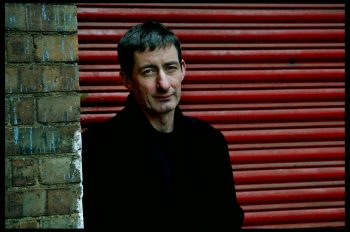
Eoin McNamee has written seventeen novels, including Resurrection Man and The Ultras. His latest novel is Blue Is The Night, the third book of the Blue Trilogy. He lives in Co Sligo.
.
.





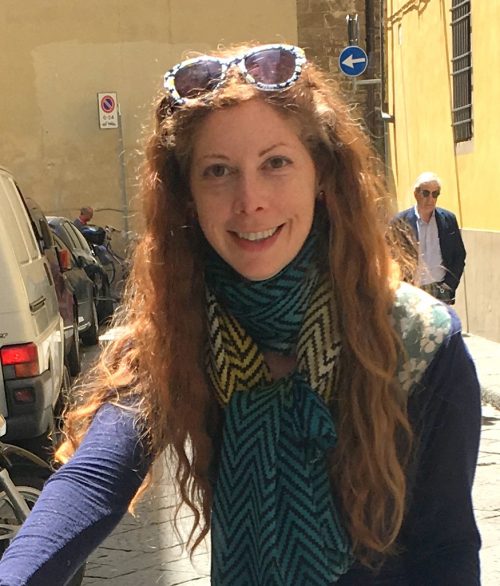

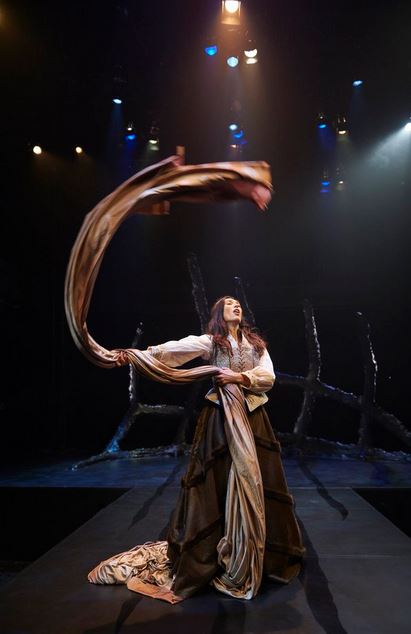








 Art work by Greg Mulcahy
Art work by Greg Mulcahy



